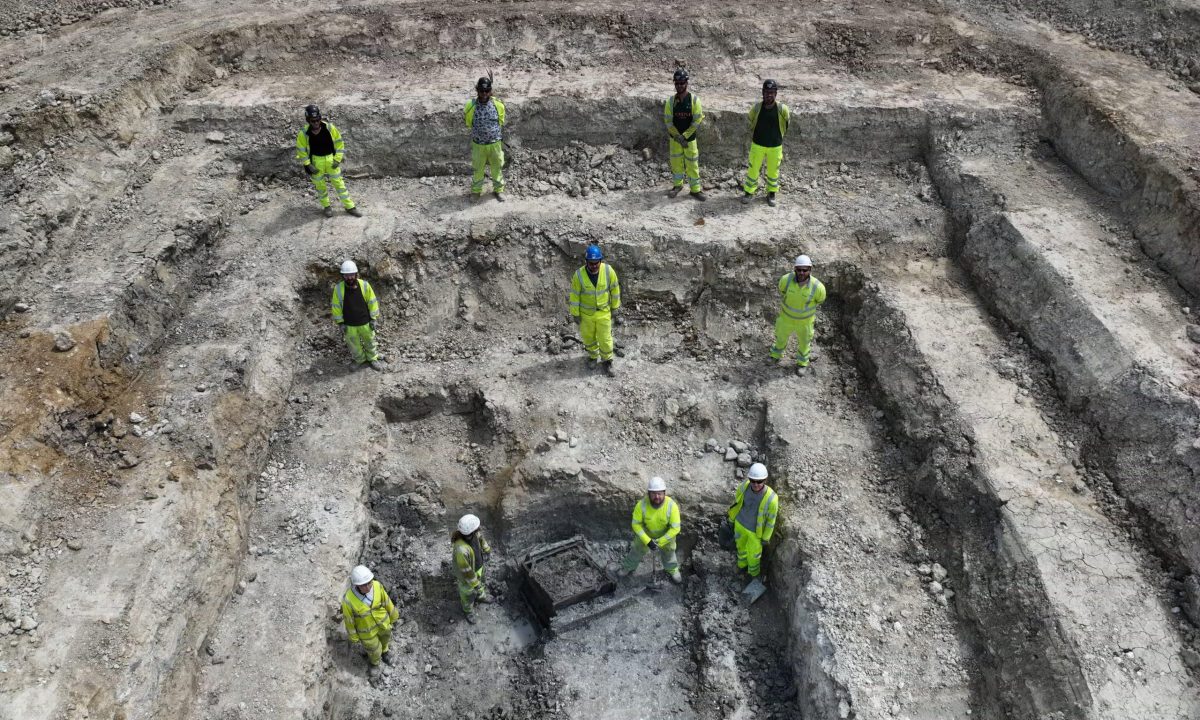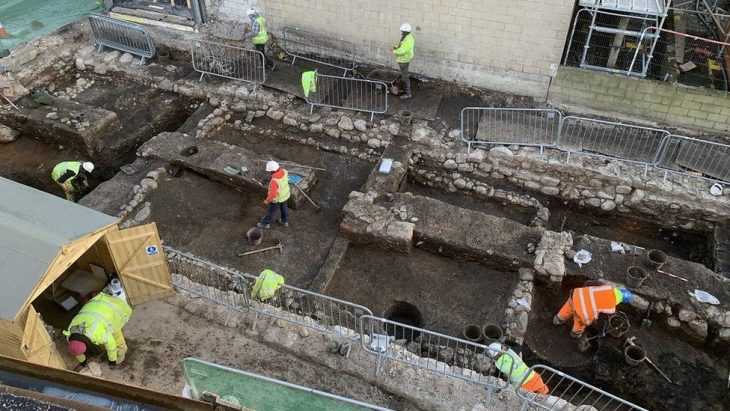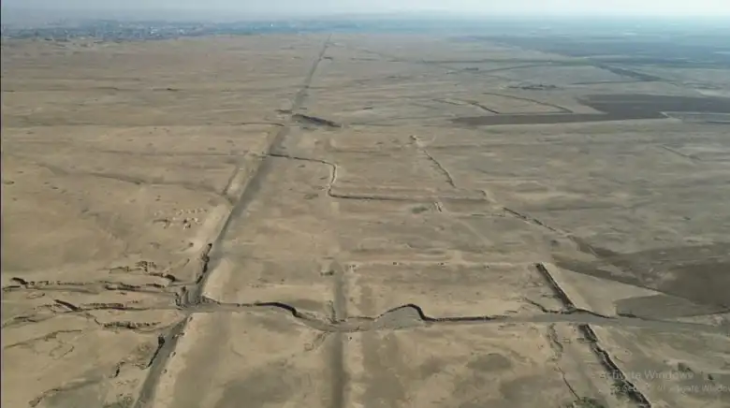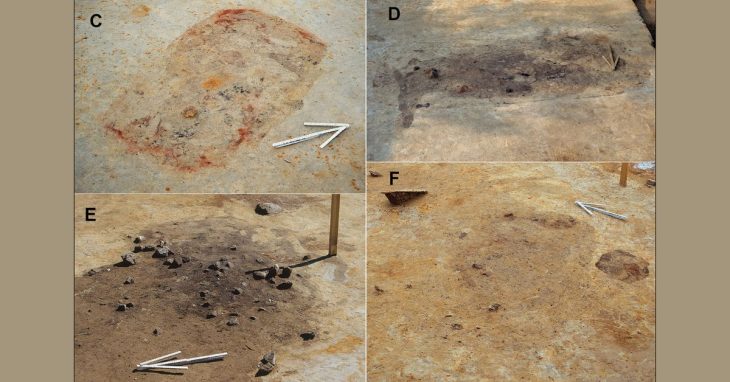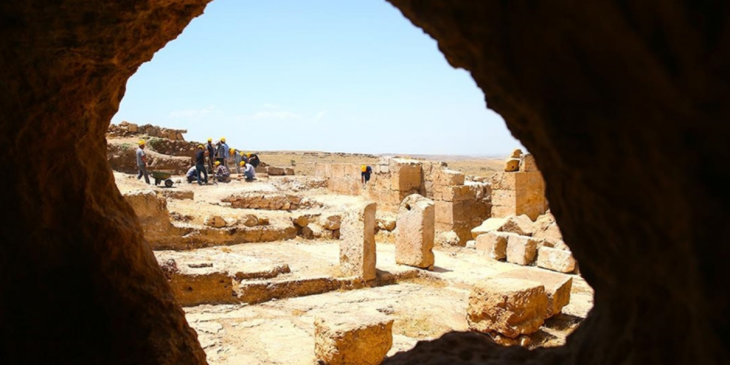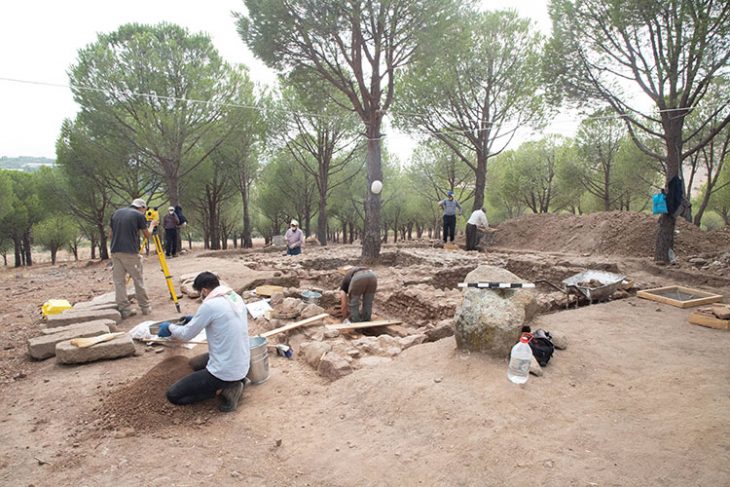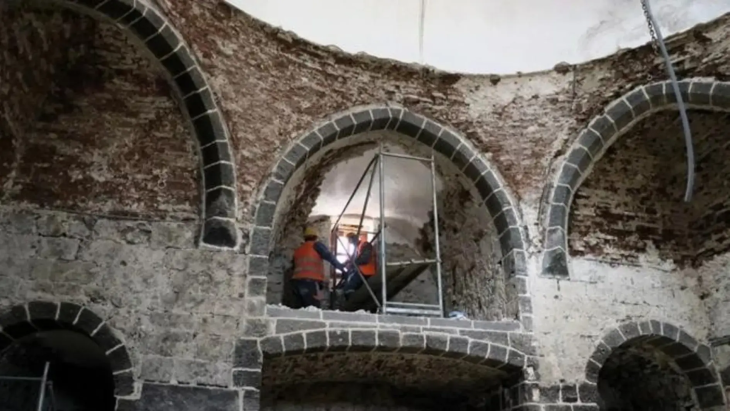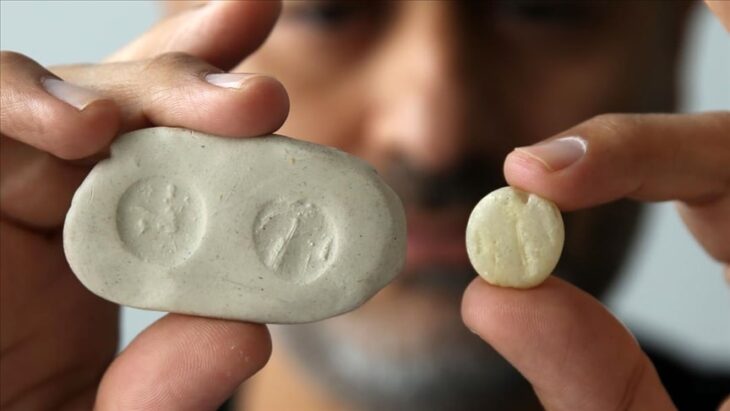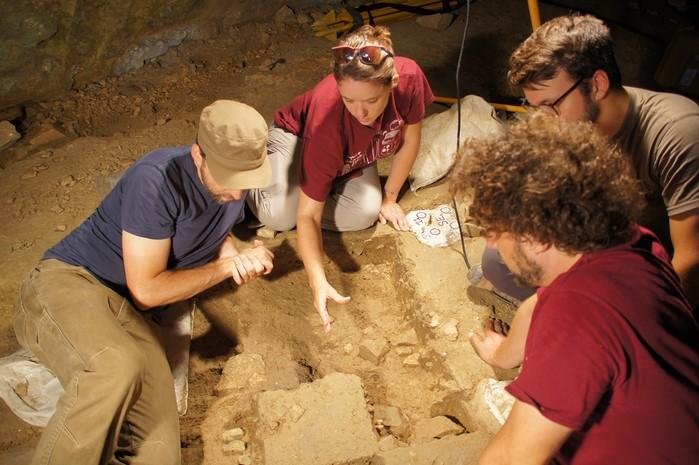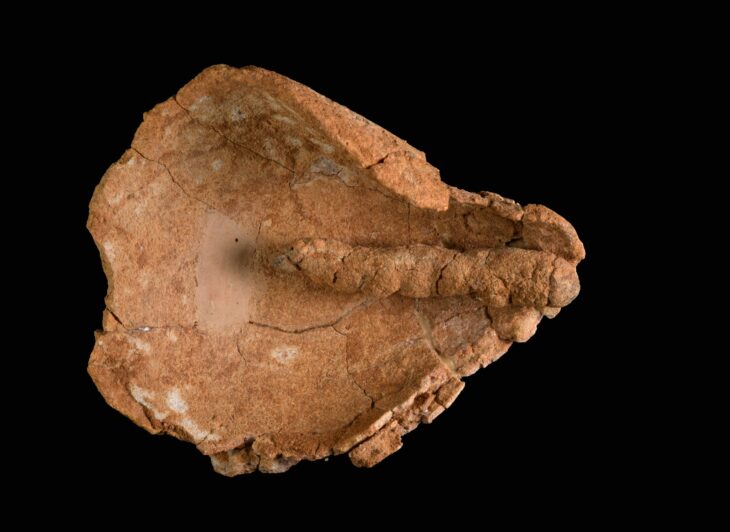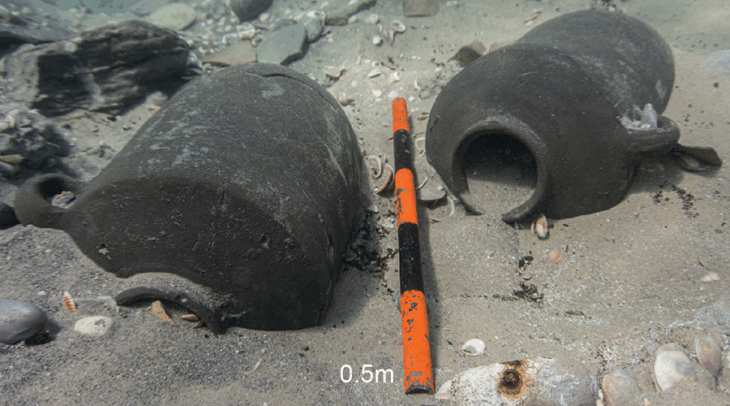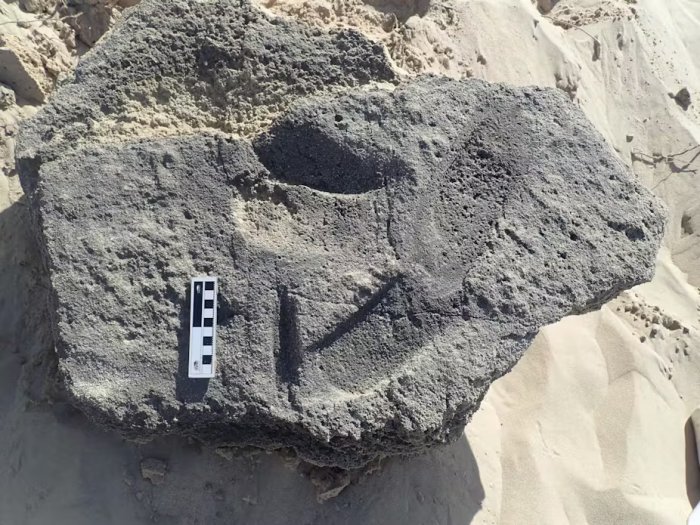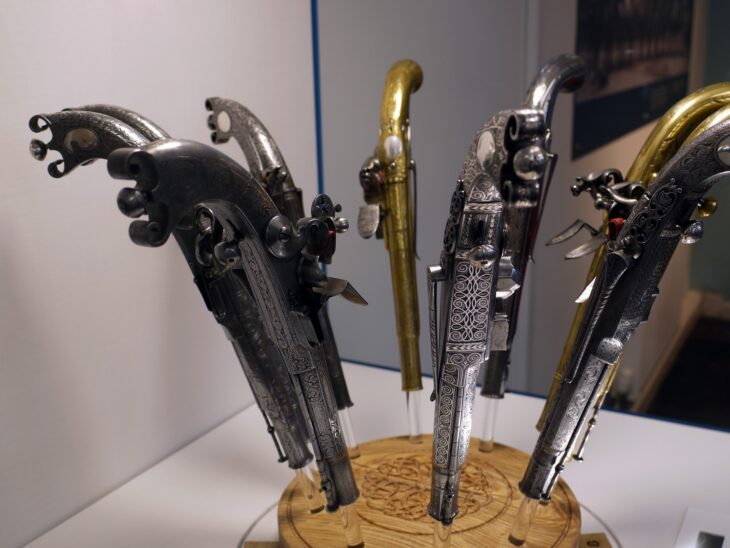In an excavation at the site of future highway improvements in Cambridgeshire, the team from MOLA (Museum of London Archaeology) uncovered the wooden remains of two Roman wells which contained wood off-cuts from a carpentry workshop and the remains of an almost 2,000-year-old ladder.
However, the excavation also revealed an important detail: The two wells, built in the 1st century AD, reveal a complex design and the trials and errors involved in construction.
Even the Romans, who made significant achievements in engineering and built structures that still stand today, made mistakes and had to deal with a little trial and error. A recent discovery of two ancient wells in England is a testament to that fact. The first well collapsed; the second was built with reinforced walls to keep it from suffering the same fate.
The wells were discovered by archaeologists while excavating a known Iron Age settlement that was established some 350 B.C., a significant amount of time before the Roman conquest. Once the Romans took over in 43 A.D., the quiet farmstead gave way to industrial development. The group discovered archaeological evidence of carpentry and metalworking within a sizable gated enclosure.
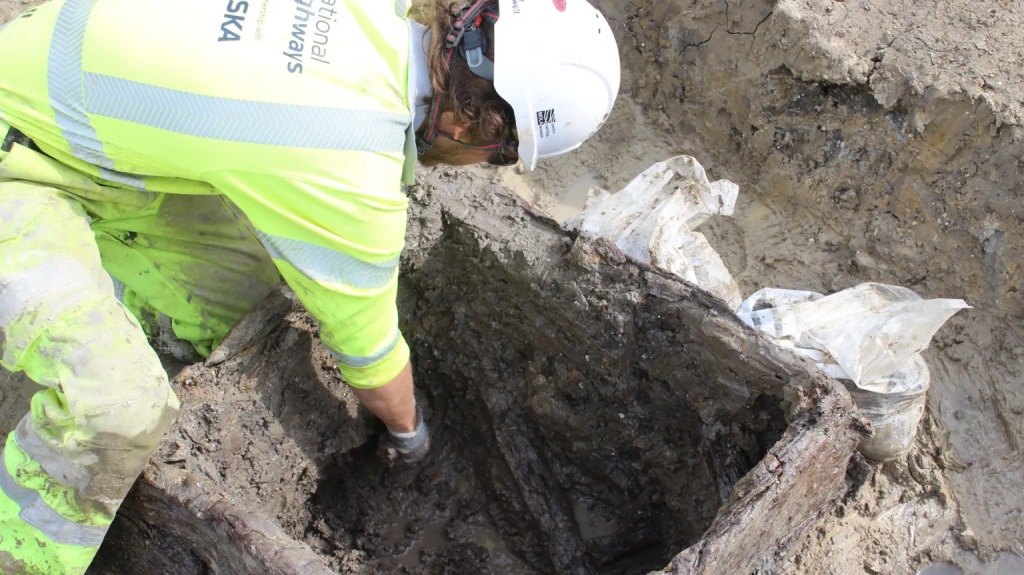
The new activities required water, so the Romano-Britons set to digging a new well. The first well was constructed just outside the enclosure. At 8.5 meters deep (28 feet), this well was as deep as the average modern two-storey house is high. They built a square timber well but it collapsed before it was ever in use. The wooden ladder was left inside and the well abandoned.
📣 Our WhatsApp channel is now LIVE! Stay up-to-date with the latest news and updates, just click here to follow us on WhatsApp and never miss a thing!!
Project manager Simon Markus of the Museum of London Archaeology (MOLA) team explained that despite considerable Roman engineering and human endeavour, not everything went as planned.
“We’ve all done a bit of DIY that hasn’t quite gone to plan, but this was a failure of Roman engineering on an industrial scale.
The second time, they only dug a well that was 21 feet deep, and they lined it with flat wooden planks. To filter the water taken from the dense clay soil, it also had stones at the base. It was eventually abandoned as well. It has wood chips, offcuts, and sawn branches, all of which are signs that carpenters were using the old well as a dump. The volumes of waste wood that have been discarded here attest to the existence of a sizable industry.
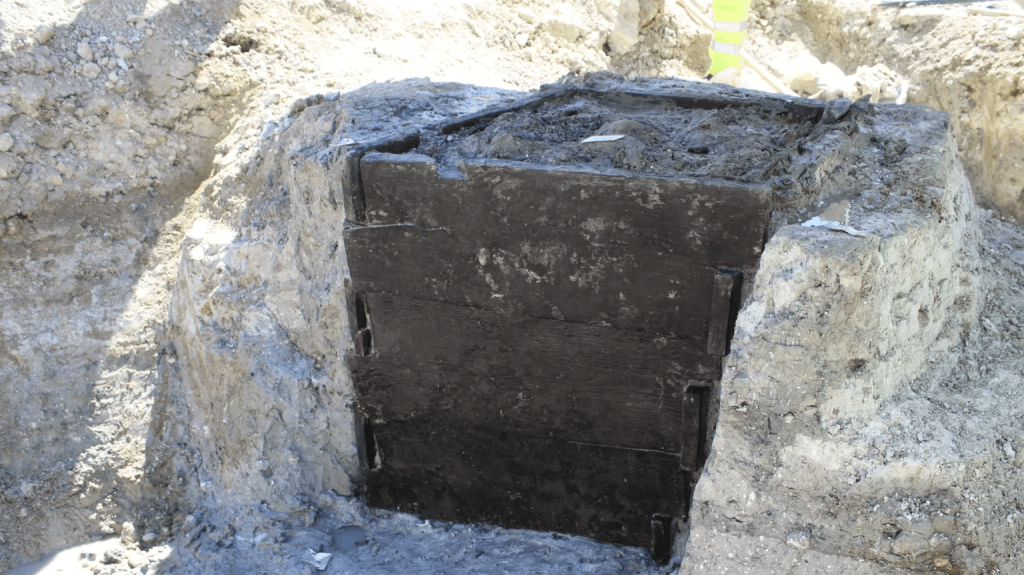
The contents of the well, including some decorative wood, will now be studied by specialists.
Evidence discovered by the archaeologists points to the workshop’s involvement in a larger trading network. The team has located a possible Roman road that would have connected the site to important Roman routes and supplied major settlements like Godmanchester, specifically to the extreme south of the site.
Cover Image: The site of the newly uncovered wooden-boarded Roman well. Photo: MOLA

